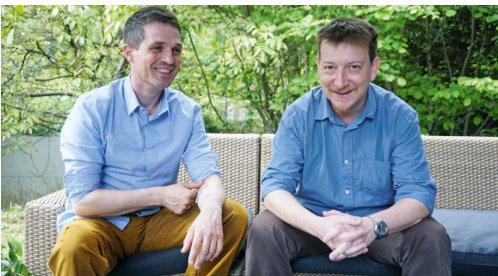Anarchy is as detestable in grammar as it is in society.
There seems to be a consensus among non-native speakers of English all over the world: they all make the same mistakes. We are not an exception. In most languages only one tense is used to talk about the present. On the other hand, English offers more options:
- I’m working for an international company.- I work for an international company.- I’ve been working for an international company for 3 years now.
When translated into Croatian these three sentences sound the same: Radim za jednu međunarodnu kompaniju! So why three different tenses? You might say it is not important since people will understand you anyway. However, the choice of a tense does make a difference.
Let us consider the following situation: While driving with a colleague in an unfamiliar part of the town and making a quick decision about which road to take, I asked him: ‘Vozi li tuda tramvaj?’ His reply was: ‘Vozi.’ As a driver I made sure there was no tram coming in our direction so I said: ‘I meant Present Continuous drive’. Trams drive here means they frequently pass here. But in our case A tram isn’t driving here at this particular moment so it is safe for me to turn into that direction.
The example I’m working for an international company implies that this is a particular position for you, and that you are, for example, currently or around now looking for a better job. The strange consensus we mentioned earlier is that non-native speakers use: I’m working for an international company, We are providing financial services… when talking about permanent situations such as their job description or simply giving facts. It is important to understand that I’m working might be said by a person doing his/her colleague’s job for a limited period of time: I’m dealing with my colleague’s clients while he is absent.
Since there are more situations in our lives which we see as permanent and which are a part of our routine we could say that, when talking about present, we use Present Simple for an average of 50% of the time. Activities that are happening over a limited period of time or at the moment are less frequent and that is why Present Continuous accounts for 30% per cent of the use. It seems that non-native speakers do just the opposite!
What about the remaining 20 per cent and the sentence I’ve been working for an international company for three years now? In this case one sentence combines 2 pieces of information: I work for an international company now, plus I started working three years ago. This combination of present and past is expressed with the tenses called Present Perfect Continuous. This tense creates even more troubles but more about it in our next issue.




